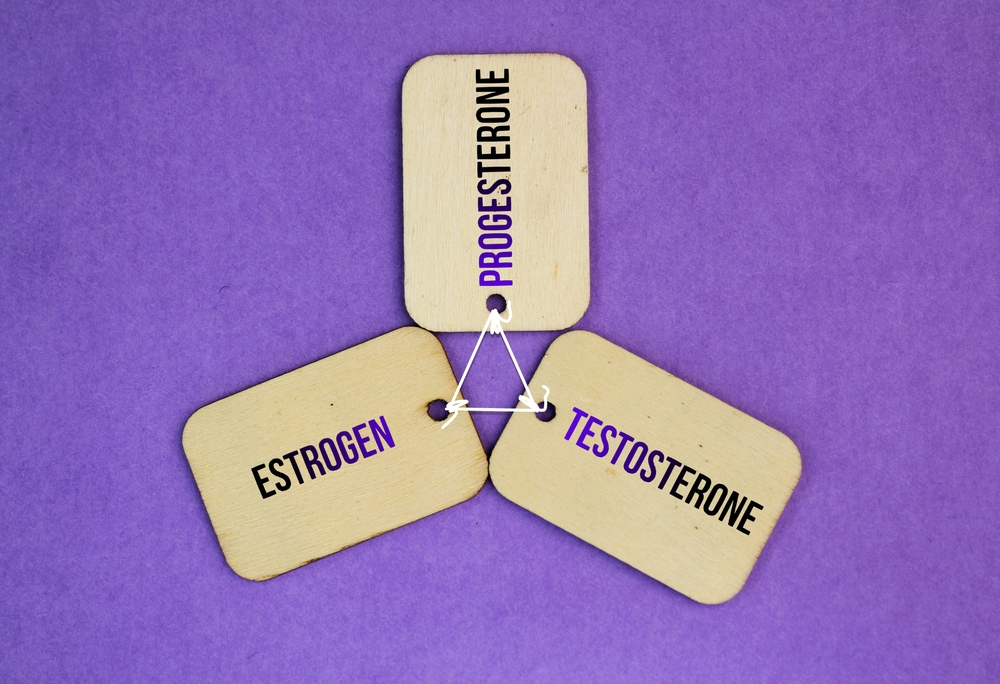Life As We Know It
Let’s face it – life is stressful. Even without the occurrence of a major life event like a job change, move, or something even bigger, our modern lives are filled with stressors that tax the limits of our well-being. The constant demands to meet employer expectations in a culture not designed to support employees while balancing the desire to be present and connected with our families creates priorities that clash, adding to our burden. This stress, combined with pollution in our environment, pesticides and additives in our food, and the constancy of media and social media in our lives leaves us feeling burned out, exhausted, and overwhelmed.
This constant stress, both emotional and physical, can lead to adrenal fatigue or dysfunction, a hormonal condition that affects our health and ability to function.
What is Adrenal Dysfunction?
To understand what adrenal dysfunction is, we have to understand a little bit about the adrenal system. The adrenal glands are triangular-shaped glands located at the top of the kidneys. They are responsible for keeping your blood pressure and metabolism balanced, and are especially critical in helping your body balance its response to stress. Specifically, the adrenal system manages three hormones:
- Cortisol (officially called hydrocortisone and it’s critical for the body managing stress)
- Adrenaline (released when something suddenly scares or stresses you)
- ·Aldosterone (regulates water, salt, potassium, and blood pressure)
When the body is under high levels of stress for extended periods of time, our adrenal glands begin to malfunction. In turn, this causes us to feel generally unwell. We can go to a regular medical doctor to test for extreme adrenal imbalances, but those tests will only detect acute imbalances that require emergent medical intervention. The adrenal conditions requiring immediate medical intervention are:
- Addison’s disease (extremely low cortisol)
- Cushing’s syndrome (extremely high cortisol)
However, if you are not at the point of experiencing an extreme cortisol level, you may benefit from seeing a practitioner who specializes in a variety of treatments for hormone health.
Symptoms of Adrenal Dysfunction
Adrenal dysfunction shows up in our bodies in a myriad of ways well before we experience an extreme medical crisis. Some symptoms of excess cortisol production are:
- Weight gain, especially in the belly area
- Anxiety
- High blood pressure
- Depression
- Craving food especially at night
- Difficulty sleeping
Symptoms of insufficient cortisol production are:
- Extreme fatigue, even after a full night’s sleep
- Fatigue that never ends, regardless of how much sleep you get
- Being dependent on caffeine to get through the day
- Inflammation throughout your body
- Craving carbohydrates or salty foods
- Nervousness and excitability
There is Help
Adrenal dysfunction has serious effects on both physical and mental well-being, but there are options for improvement of symptoms. For those in the Parker, CO area, APEX Hormone Health offers testing and symptom management options so your adrenal dysfunction doesn’t become an adrenal crisis. We will do a variety of tests to determine how your adrenal glands are functioning. These testing methods may include:
- A thorough discussion of your symptoms and medical history
- Laboratory testing including blood work and urinalysis
- Saliva testing
After the results of your comprehensive medical testing are available, your APEX Hormone Health medical professional will collaborate with you to devise the most effective course of treatment enabling you to regain and sense of wellness and balance in your life. After your initial consultation, we provide telemedicine visits and even provide home delivery of medication.
Call or Text: 720-856-0200 to begin feeling your best.
Image credit:
| Envato Elements / Prestock Studio |
Disclaimer: The information contained here was not written by a medical doctor and is intended for informational purposes only. This is not a substitute for medical advice.







